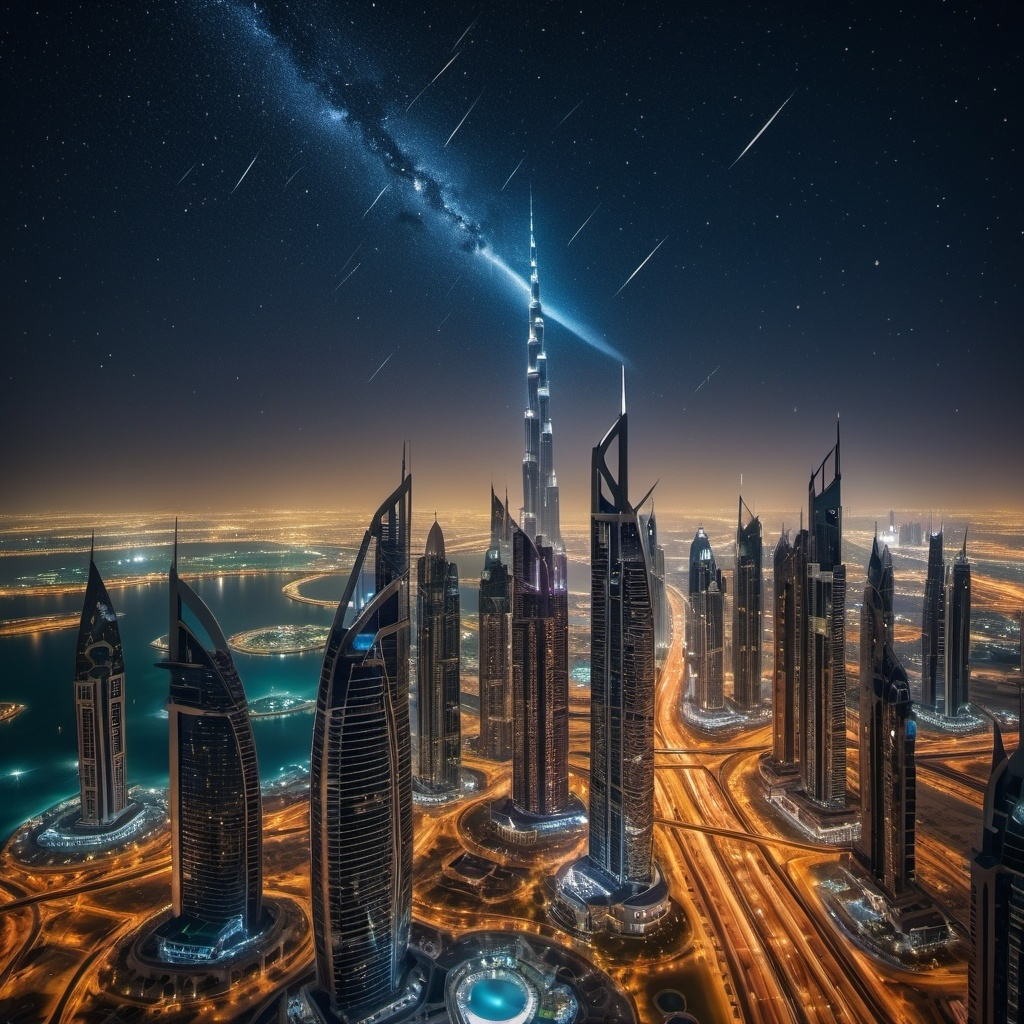The Perseids meteor shower is set to dazzle UAE skies this August. Whether you’re an astronomy enthusiast or just looking for a magical night out, it’s a special event to witness. So here at UAE Insider, we’ve dived into when and where you can catch this cosmic wonder in the UAE.
Hold onto your telescopes. The Perseids meteor shower is set to light up the sky with up to 100 meteors per hour at its peak on August 12/13. These meteors are the remnants of Comet 109P/Swift-Tuttle, burning brightly as they streak through the Earth’s atmosphere at a blazing 60 km per second. It’s like nature’s own fireworks show — minus the noise and crowd. The best time to catch the Perseids is after midnight, when the skies are darkest, and the meteor shower is at its most visible.
Perseids meteor shower: Prime viewing spots
- Al Ain Oasis, Abu Dhabi: This UNESCO World Heritage site not only offers lush greenery but also a good spot for stargazing away from the city’s glow.
- Al Qudra Lakes, Dubai: Far enough from the city lights, Al Qudra Lakes offer a serene setting with clear skies.
- Fossil Rock, Sharjah: An off-the-beaten-path spot, Fossil Rock offers clear, open skies and minimal light interference.
- Jebel Jais, Ras Al Khaimah: The UAE’s highest peak provides an elevated vantage point, making it an ideal spot for stargazing.
- Liwa Desert, Abu Dhabi: Known for its pristine, dark skies, the Liwa Desert is a stargazer’s paradise, far from any light pollution.
- Mleiha Archaeological Centre, Sharjah: Combine a bit of history with your astronomy. Mleiha offers guided stargazing sessions, making it a great educational experience as well.

Insider Hack
Remember, meteor watching is a waiting game. Your eyes need about five to ten minutes to adjust to the dark, so don’t give up too soon. Also, resist the urge to check your phone — let’s not add ‘blinded by notifications’ to your list of experiences.
For more such tips on Things To Do, refresh our website daily. If you prefer shorter and quicker reads, check us out on Instagram.


